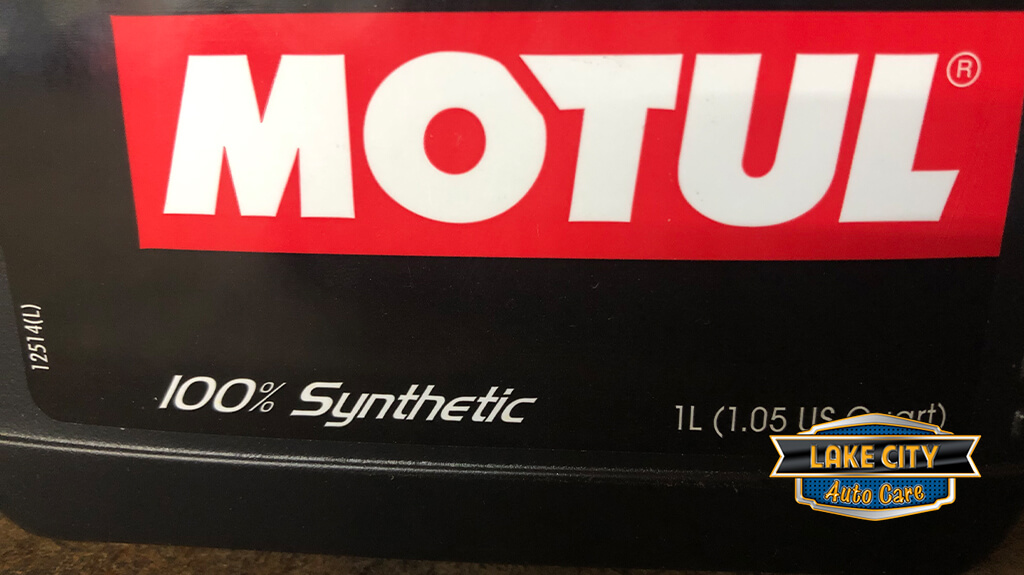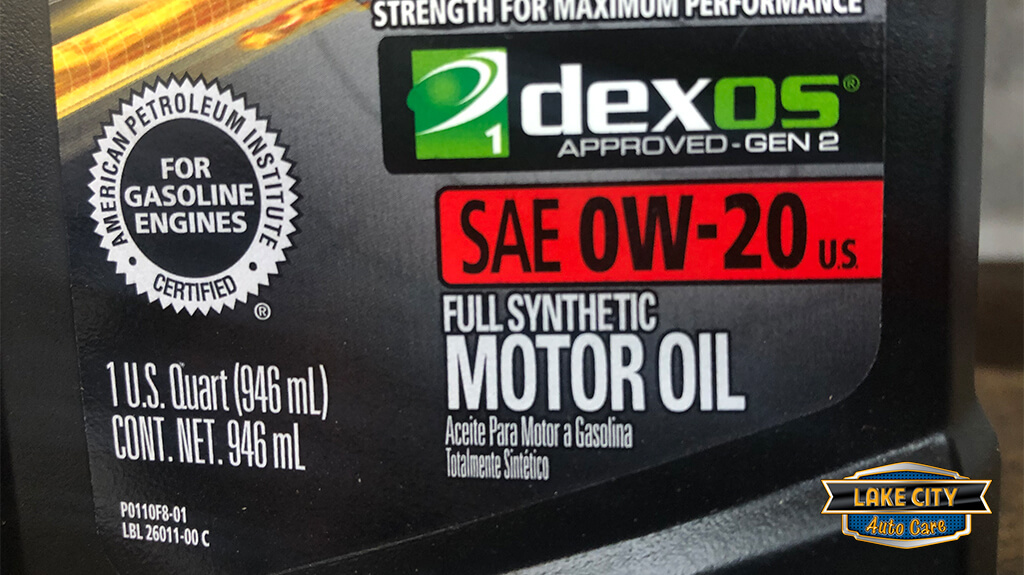Why are Oil Changes so Important?
Frequent oil changes with the correct oil help prevent catastrophic engine failure. The importance of an oil change goes beyond fresh oil and a new filter. Oil weight and composition have a direct impact on how well your vehicle is protected.
Why are oil changes so crucial?
Your engine relies on oil like your body relies on blood. Oil is circulated through the engine, keeping moving parts lubricated and cool. Without it, the friction generated from metal moving against metal would destroy your engine.
Over time, engine oil breaks down and picks up debris that reduces its ability to lubricate and cool the engine, as well as contribute to power and fuel economy loss.
Fresh Oil Regulates Engine Temperature
Engine oil is engineered to be able to help control the temperature of the engine as it operates by absorbing heat. But as oil ages it begins to break down, losing its ability to do so and it may reflect heat causing the engine to heat up to dangerous temperatures. While the cooling system can generally handle the task of keeping the engine cool, oil reaches areas that coolant can’t, thus providing a valuable service.
Clean oil does a better job of reducing friction than dirty oil, and lower friction between moving engine components leads to less overall heat.
Regular Oil Changes Restore Engine Power
As oil circulates through the engine it picks up dirt, dust, metal flakes, and other contaminants that have made their way inside the engine. This turns the oil into a mud-like substance often referred to as sludge. The sludge makes it difficult for the pistons to pump up and down, decreasing engine power and reducing your fuel-efficiency. When the oil is changed, sludge is removed from the engine, in turn restoring power and fuel economy. At the same time the oil filter is also replaced, ensuring that oil can properly circulate through the engine.

Fresh Oil Ensures Proper Lubrication
The most important reason to have your oil changed on time is to ensure proper lubrication of the moving parts inside the engine. Fresh oil is imperative to the operation of the engine, as it prevents harsh metal on metal contact that can cause major damage inside the motor. Neglecting regular oil changes can result in catastrophic engine damage, in some cases resulting in the need for a replacement engine.
During an oil change, the technicians servicing your vehicle have a chance to look it over and make sure there are no issues with your transmission, brakes, or tires.

Does oil type matter?
There are three main oil types available, conventional motor oil, synthetic blend, and full synthetic. There are several key differences between these oil types.
What is synthetic oil?
Full synthetic is a highly refined oil with additives for power and engine cleaning. Synthetic oil has several key benefits.
- Much more consistent molecule size than conventional, leading to better lubrication
- Fewer impurities present due to the refining process
- Added benefits of engine cleaning and performance-boosting additives

What is a synthetic blend?
A synthetic blend combines some of the technology and additives of full synthetic oil with less refined mineral oil. Lower cost is the main benefit of a synthetic blend. These oils are cheaper than a full synthetic, but offer benefits you can not get in conventional mineral oil.
What is conventional mineral oil?
Conventional motor oil is a refined mineral oil that comes out of the ground. It lacks the additives and advanced refinement of fully synthetic and synthetic blend oils but is significantly less expensive.
Do I need synthetic?
It depends entirely on your vehicle. Some require it, while others do not. For vehicles that use conventional oil, the extra cost of synthetic may not be worth the marginal improvements.
However, it is imperative to use synthetic on vehicles that require it. Not doing so can cause premature wear on engine components that rely on the lubricating qualities synthetic oil provides.
Oil Weight
Oils will have different ratings on their packaging. These ratings refer to the oil’s viscosity at different temperatures, and are shown as a series of letters and numbers (5W-30, 0W-40). For example, an oil rated as a 5W-30 will flow like a 5-weight oil when it is cold, and a 30-weight oil when it is up to operating temperature.

Why does having two flow ratings matter?
Having an oil that with a low viscosity when cold helps protect your engine on startup. If the oil is highly viscous on startup, the moving components of the motor would be at risk for the first few minutes of operation. On the reverse side, the oil needs to have higher viscosity at operating temperature to protect the engine.
Ensuring the correct oil weight is used in your vehicle will protect it in all weather conditions.
How often should I get an oil change?
Manufacturers recommend oil changes recommended between 5000 and 12000 miles depending on the vehicles. However, we advise doing them more frequently regardless what you drive. Getting your oil changed every 5000 miles or less will provide the maximum protection for your car or truck. Even if you are spending more every year on oil changes, it will always be cheaper than the cost to repair or replace an oil starved engine.
Conclusion
Keeping up with your scheduled maintenance, including oil changes, is the best way to prevent break downs. If you’re looking for a fast and professional oil change in Coeur d’Alene, Rathdrum, or Hayden, bring your vehicle to Lake City Auto Care! We offer complete auto maintenance for all makes and models. Contact us, give us a call or schedule an appointment at one of our three North Idaho repair and service shops today!
North Idaho's Best Warranty
We stand behind our work 100%. That's why we offer a five-year, 50,000-mile warranty on all services and repairs. You can rest assured that when you bring your vehicle to us, we've got you covered no matter what happens down the road.
Appointments (208)-856-8336
